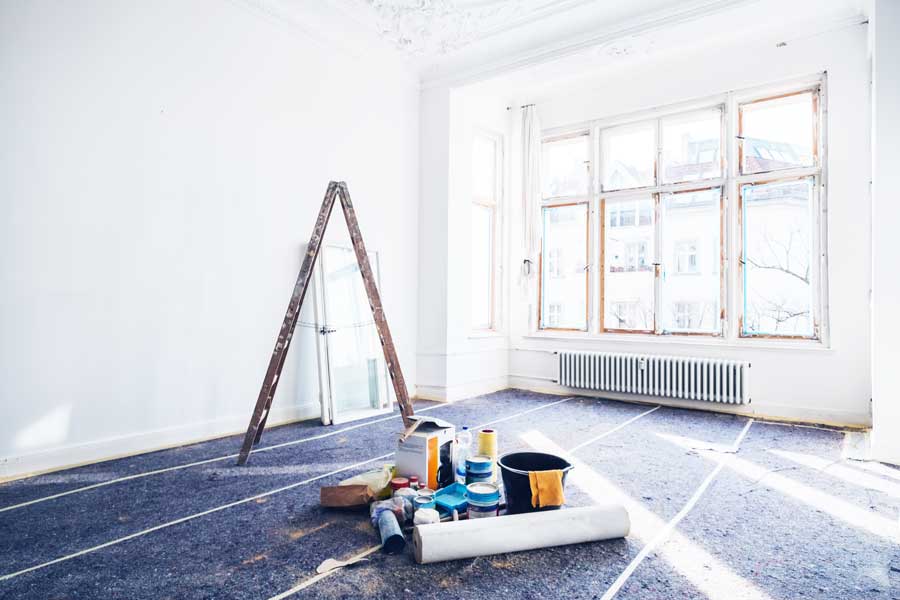- Failing to Conduct Thorough Due Diligence
Before entering into any investment, make sure you understand what’s happening in the real estate market surrounding the property, and what potential obstacles you could run into along the way. Every property you look at will be different than the one before it so it’s important to have each home carefully inspected – no matter how low its price – to avoid falling into a costly money pit.
- Taking on More than You Can Handle
Rehabbing an investment property is a three-part process. First you must find a value-priced property. Next you have to renovate it, making the repairs and upgrades necessary to maximize your returns. Finally, you need to market the property and find a buyer willing to pay a price that garners you a profit.
Too frequently, investors overload themselves with the responsibilities and end up shrinking or even erasing their profits in the end. This is most often the result of an investor trying to exceed their construction capabilities. When in doubt, hire a professional. A professional will likely be able to complete the job faster than you would and with more precision. Coupled with the time you save and commit to other money-making activities, it’s an investment that typically pays off well.
- Underestimating a Property’s Holding Period
Unless your market is appreciating at an extremely rapid pace, holding a property longer than you plan to will result in dwindling profits. That’s because a longer holding period means paying more interest to your lender, continued insurance premiums, and other expenses like taxes and utilities. These are commonly referred to as carrying costs.
The biggest reason many investors underestimate a property’s holding period is that they either haven’t researched the market well enough, or they haven’t established a plan for marketing and selling the property once renovations are complete. Before entering into an investment property, establish a solid plan for how you’re going to sell it and begin making contact with potential buyers as early as possible.
- Not Taking Advantage of Other People’s Money
The single most costly mistake that real estate investors make, especially fix-and-flip investors, is financing the cost of purchasing and fixing up properties with their own funds. One of the strong benefits of investing in real estate is being able to leverage your money much more than with most other asset classes.
This isn’t a problem on high-quality buy and hold properties, as even novice investors will turn to a commercial bank for a traditional loan. The issues usually tend to arise on fix-and-flip homes in poor shape. They may have great potential and be priced at a bargain, but traditional lenders simply won’t underwrite some properties.
In this situation, hard money loans can help make the most of your capital. Hard money lenders are normally individuals or small groups with money to loan. They offer shorter term loans, and while interest rates will be higher than through a bank, you can get funding for nearly any deal that makes sense financially.
Most often these common mistakes come from a lack of planning or poor judgment on the part of the investor. Being thorough is the key to success with real estate. Research your target property and market; budget and delegate the work needed to make the process flow smoothly; plan the whole deal through from beginning to end; and leverage your capital as much as you can to increase returns while limiting risk.


